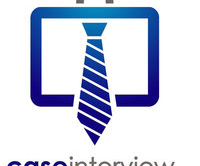Oil’s Boom-and-Bust Cycle May Be Over. Here’s Why
Harvard Business
MARCH 1, 2018
In November, United States’ crude oil production exceeded 10 million barrels per day for the first time since 1970, according to the US Energy Information Administration (EIA). The recent price swings highlight a new era of uncertainty gripping the world’s energy markets. hbr staff/bettmann/Getty Images. The soaring U.S.













Let's personalize your content